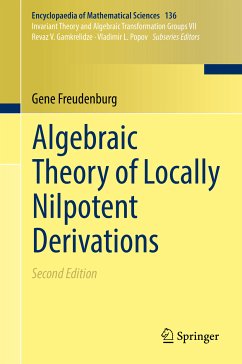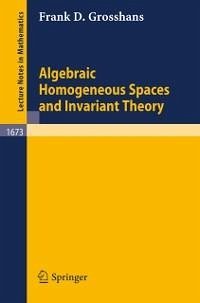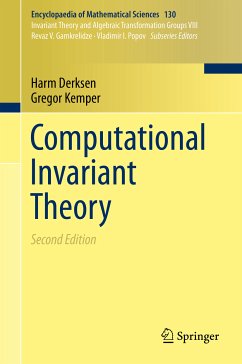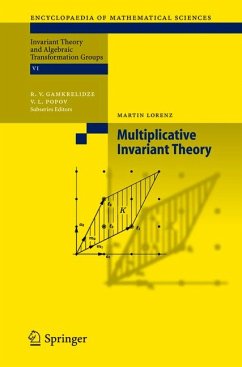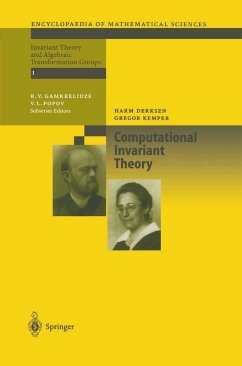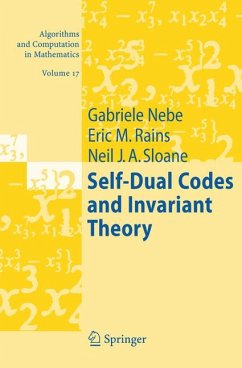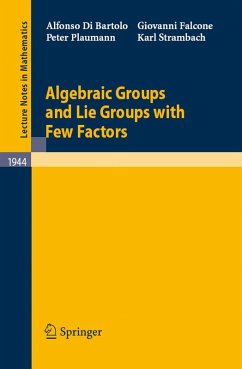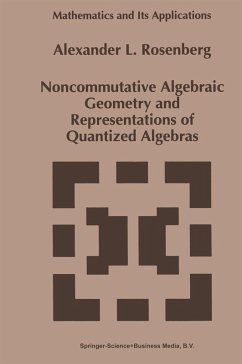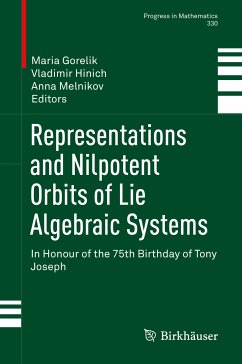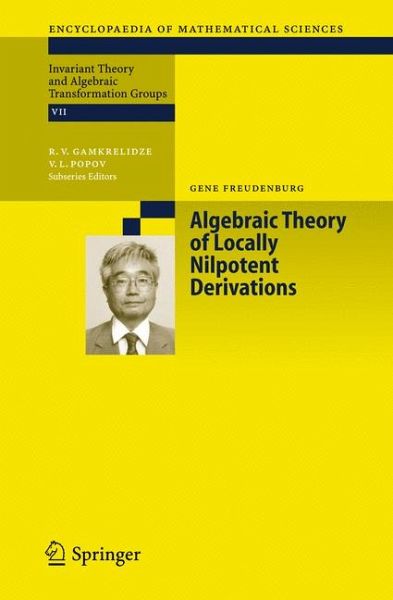
Algebraic Theory of Locally Nilpotent Derivations (eBook, PDF)
Versandkostenfrei!
Sofort per Download lieferbar
104,95 €
inkl. MwSt.
Weitere Ausgaben:

PAYBACK Punkte
52 °P sammeln!
This book explores the theory and application of locally nilpotent derivations, which is a subject of growing interest and importance not only among those in commutative algebra and algebraic geometry, but also in fields such as Lie algebras and differential equations. The author provides a unified treatment of the subject, beginning with 16 First Principles on which the entire theory is based. These are used to establish classical results, such as Rentschler's Theorem for the plane, right up to the most recent results, such as Makar-Limanov's Theorem for locally nilpotent derivations of poly...
This book explores the theory and application of locally nilpotent derivations, which is a subject of growing interest and importance not only among those in commutative algebra and algebraic geometry, but also in fields such as Lie algebras and differential equations.
The author provides a unified treatment of the subject, beginning with 16 First Principles on which the entire theory is based. These are used to establish classical results, such as Rentschler's Theorem for the plane, right up to the most recent results, such as Makar-Limanov's Theorem for locally nilpotent derivations of polynomial rings. Topics of special interest include: progress in the dimension three case, finiteness questions (Hilbert's 14th Problem), algorithms, the Makar-Limanov invariant, and connections to the Cancellation Problem and the Embedding Problem. The reader will also find a wealth of pertinent examples and open problems and an up-to-date resource for research.
Dieser Download kann aus rechtlichen Gründen nur mit Rechnungsadresse in A, B, BG, CY, CZ, D, DK, EW, E, FIN, F, GR, HR, H, IRL, I, LT, L, LR, M, NL, PL, P, R, S, SLO, SK ausgeliefert werden.



